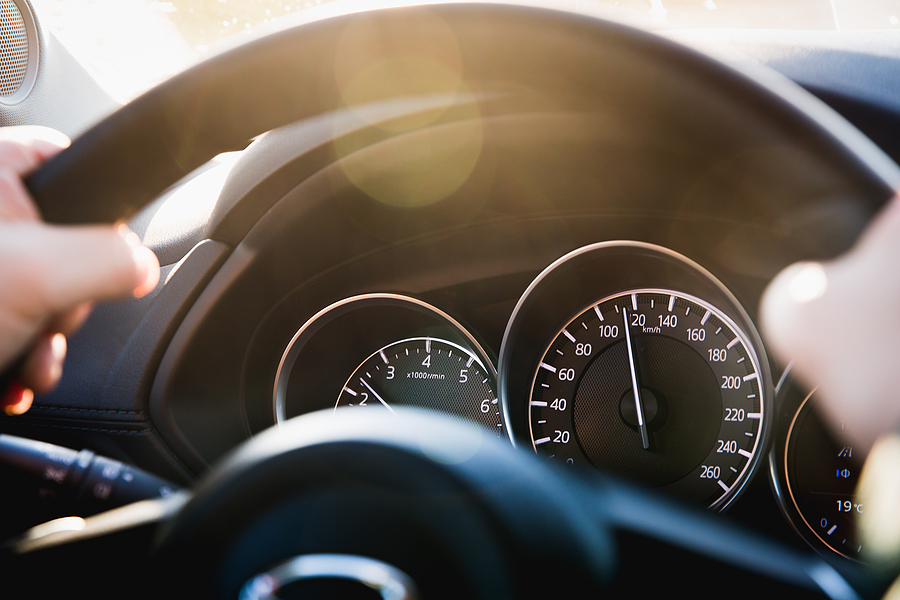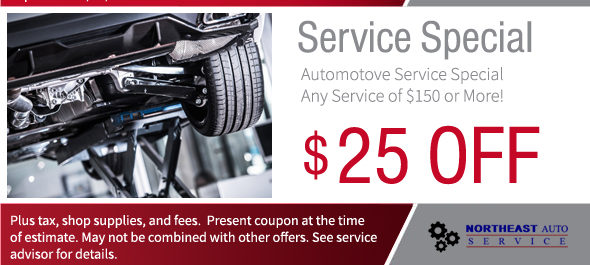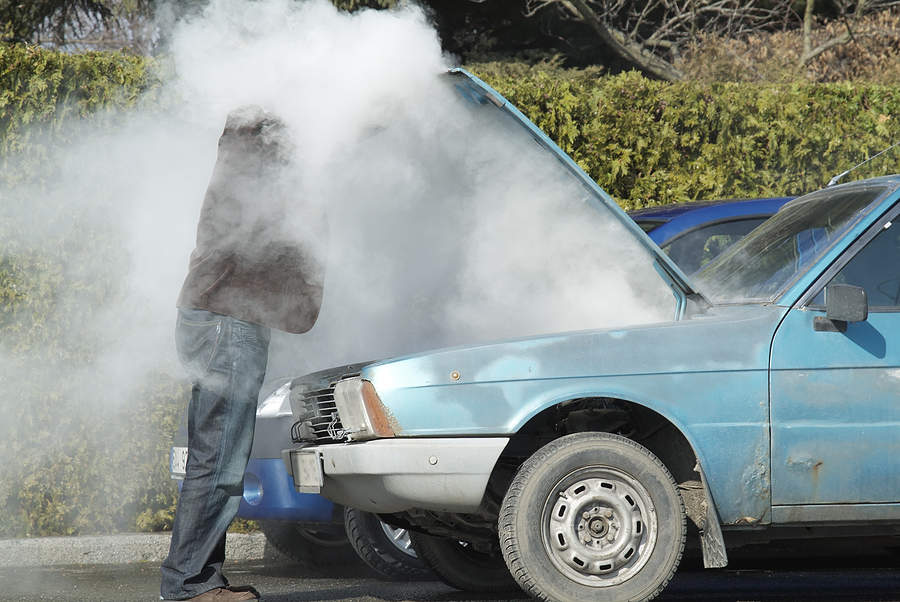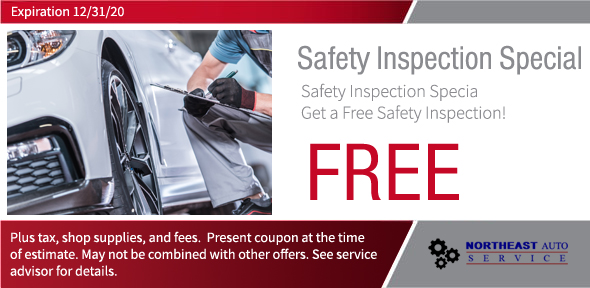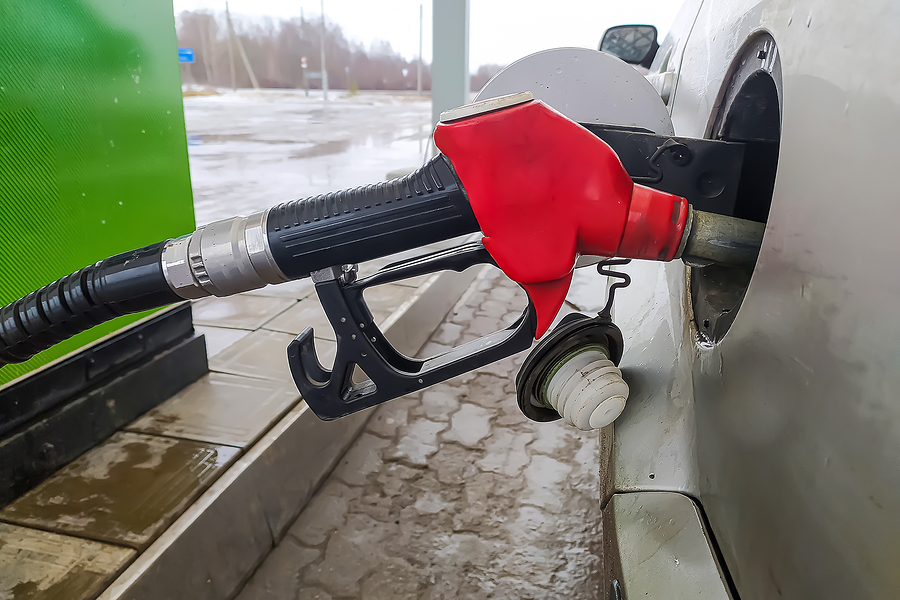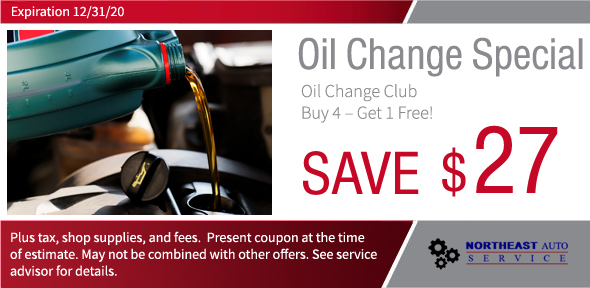Imagine cruising down the highway, enjoying your favorite playlist, when suddenly your car sputters and comes to a halt. The check engine light flickers on, and you’re left wondering what just happened. For many car owners, engine failure is a dreaded scenario that can strike unexpectedly.
Understanding car engine failure is crucial for maintaining your vehicle’s health and avoiding hefty repair bills. This blog post will guide you through the common causes of engine failure, how to recognize the symptoms, and the importance of regular maintenance to keep your engine running smoothly.

Dealing With Car Engine Failure
Common Causes of Engine Breakdowns
Car engine breakdowns can result from various issues, some more common than others. One primary cause is overheating, often due to a malfunctioning cooling system. When your engine gets too hot, it can lead to severe damage or even complete failure.
Another prevalent cause is oil-related problems. Insufficient or dirty oil can cause friction and wear on engine components, leading to breakdowns. Additionally, timing belt failure can bring your engine to a standstill, as this belt coordinates the movement of various engine parts.
Symptoms of Engine Malfunctions
Recognizing the early signs of engine malfunctioning can save you from being stranded on the side of the road. One telltale sign is the check engine light. While it might be tempting to ignore this warning, it’s a clear indication that something is amiss in your engine. Unusual noises, such as knocking or ticking sounds, can also signal engine trouble. Lastly, poor performance, including frequent stalling or reduced power, should raise red flags about potential engine issues.
The Importance of Regular Maintenance
Preventive Measures
Regular maintenance is your first line of defense against car engine failure. By following your vehicle’s maintenance schedule, you can catch minor issues before they escalate into major problems. This includes routine oil changes, which keep your engine lubricated and reduce wear and tear. Additionally, regularly inspecting and replacing the timing belt can prevent catastrophic failures.
Professional Inspections
While some maintenance tasks can be performed at home, professional inspections are invaluable. Automotive repair shops have the expertise and equipment to identify and address potential engine problems that may not be visible to the untrained eye. Regular diagnostic checks can help pinpoint issues early, saving you time and money in the long run.
Benefits of Regular Maintenance
Investing time and effort in regular maintenance offers several benefits. Not only does it prolong the lifespan of your engine, but it also enhances your car’s overall performance. A well-maintained engine runs more efficiently, providing better fuel economy and reducing emissions. Additionally, staying on top of maintenance can increase your vehicle’s resale value, making it a worthwhile investment.
What to Do When Your Car Engine Fails
Immediate Steps
If you find yourself in the unfortunate situation of engine failure, stay calm. First, safely pull over to the side of the road and turn on your hazard lights. This ensures your safety and alerts other drivers to your predicament. Next, turn off the engine to prevent further damage. Once you’re safely off the road, assess the situation. If you can identify the problem and feel confident in your ability to address it, you may attempt a temporary fix.
Calling for Help
If you’re unable to diagnose or fix the issue, it’s best to call for professional assistance. Contact a tow service to transport your vehicle to a nearby mechanic. It’s essential to choose a reputable auto repair shop with experience in dealing with engine problems. The experts there can perform a thorough engine diagnostic to determine the cause of the failure and recommend the best course of action.
Preparing for Repairs
Once your car is at the repair shop, the technicians will provide you with an estimate for the necessary repairs. Be sure to ask questions and understand the scope of the work required. Depending on the severity of the engine failure, you may need a simple repair or a complete engine replacement. While the latter can be costly, it’s sometimes the best option for ensuring your vehicle’s longevity and reliability.
The Cost of Engine Failure
Financial Implications
Engine failure can be a significant financial burden. The cost of repairs varies depending on the extent of the damage and the type of engine in your vehicle. Simple repairs, such as replacing a faulty sensor, may be relatively inexpensive. However, more extensive repairs or engine replacement can run into thousands of dollars. It’s essential to weigh the repair costs against the value of your vehicle and consider whether investing in repairs is the best decision.
Safety Concerns
Beyond the financial implications, engine failure also poses safety risks. A sudden breakdown on a busy road can lead to dangerous situations, putting both you and other drivers at risk. Additionally, driving a vehicle with a compromised engine can result in further damage and potentially cause accidents. Prioritizing regular maintenance and addressing engine issues promptly can help mitigate these safety concerns.
Long-Term Consequences
Neglecting engine issues can have long-term consequences for your vehicle. Persistent problems can lead to decreased performance, reduced fuel efficiency, and increased emissions. Over time, this can take a toll on your vehicle’s overall health and decrease its lifespan. By addressing engine problems early and maintaining a proactive approach, you can avoid these long-term issues and enjoy a reliable and efficient vehicle.
Conclusion
Don’t wait until engine failure strikes—take action today and enjoy peace of mind knowing your car is in good hands. Regular maintenance, prompt attention to warning signs, and seeking professional help when needed can save you from costly repairs and ensure your safety on the road. Remember, a well-maintained engine is the heart of your vehicle, keeping it running smoothly and efficiently.
If you’re concerned about your car’s engine health or want to ensure your vehicle is in top condition, let us help. Contact Northeast Auto Service at 317-475-1846 for professional car engine repair in Indianapolis, Indiana. Our experienced technicians can perform comprehensive engine diagnostics, provide expert advice, and offer tailored maintenance plans to keep your engine running at its best. Request a free estimate, or schedule service, today.
Related Posts:
10 Common Reasons Your Check Engine Light is On
What You Need To Know Before Replacing Your Car Engine
How to Diagnose a Weak Car Engine


